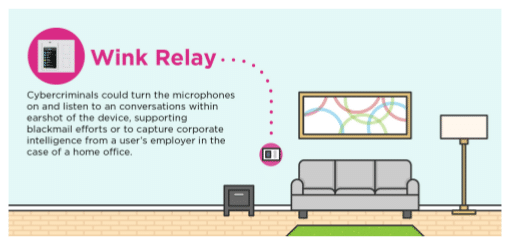In-brief: A study of common connected home gateways finds lax security that could expose consumers to snooping or even malicious attacks, according to the application security firm Veracode.
FTC
IoT Hackers: The FTC Wants You!
In-brief: The Federal Trade Commission announced this week that it is creating a new Office of Technology Research and Investigation to expand the FTC’s research into areas such as privacy, data security, connected cars, smart homes, algorithmic transparency, emerging payment methods, big data, and the Internet of Things.
Cyber Lemons: Lawsuit alleges Hackable Cars Pose Risks to Consumers
In-brief: A lawsuit filed in California charges U.S. automakers with endangering their customers by failing to protect ‘connected vehicle’ features from cyber attack.
Senate Resolution Calls for National IoT Plan
In-brief: A bipartisan group of lawmakers issued a Senate Resolution today calling for a comprehensive national plan for developing the Internet of Things.
Gadgets That Spy On Their Owners
When the recent brouhaha erupted over Samsung SmartTV’s habit of harvesting ambient conversations and transmitting that data to unnamed third parties, we noted that Samsung was hardly alone. In fact, Security Ledger reported on identical behavior by LG television sets back in May, 2014. But, as this article notes, televisions aren’t the only sensor-rich devices that are seeing and hearing what goes on around us. Forget about Samsung or LG getting recordings of you laughing at The Daily Show, or foggy conversations you have about what to watch next. What about Microsoft Xbox Kinect, which includes sound, motion and infrared sensors that can track up to six individuals simultaneously? Also mentioned: Google Waze, Amazon Echo and GM’s OnStar. The question – as always- is about what privacy protections consumers should expect from connected devices. While all the above manufacturers sought “consent” from users in the text of verbose and legalistic Terms […]





